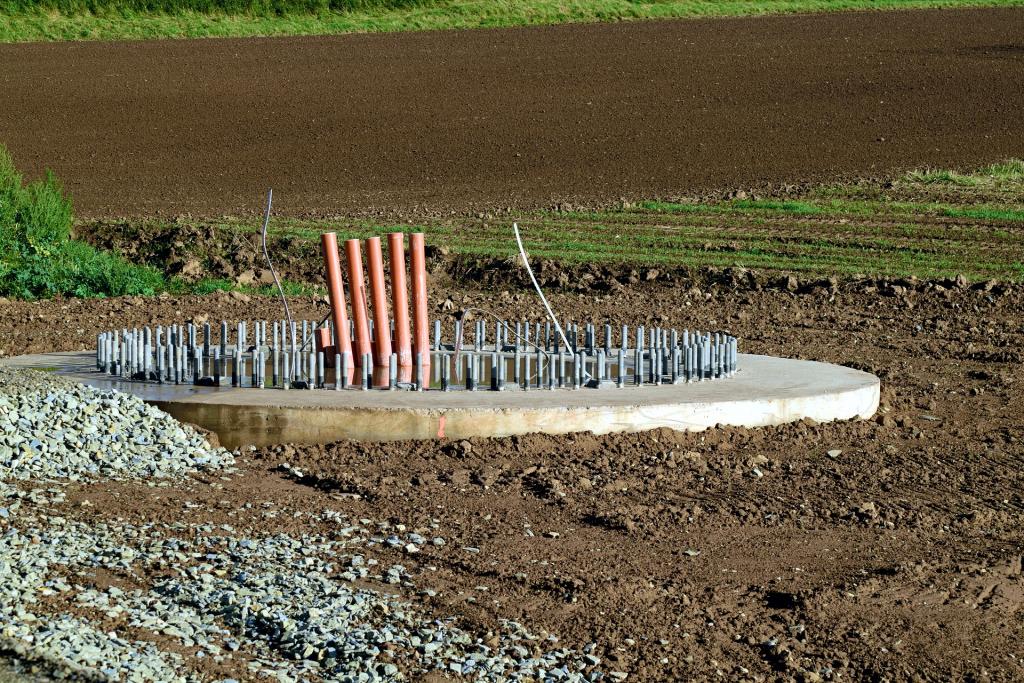
There has never been a better time to work in the piling and foundations industry, in any capacity, whether as a geotechnical engineer, designer, project manager, operative or site supervisor. Not a lot of people know that…..Which is the reason for this article.
The UK is seeing an unprecedented investment in major infrastructure projects such as HS2, major road building, Thames Tideway, York Potash, The Northern Hub and Hinkley. Other schemes are in development such as Crossrail 2, Crossrail 3, tunnels, bridges, flood defences and the nuclear replacement programme. Each scheme spurs further development of residential, industrial, leisure and commercial schemes in the surrounding areas as social connectivity modernises. Many of these multi-billion pound national and privately funded investments rely on piled foundations and shafts, retaining walls, grouting and ground anchors – amongst many techniques offered by the Federation of Piling Specialists membership – representing a specialist industry, with a £500m annual turnover. Despite the relatively small size of the geotechnical contracting market, the services provided are indispensible to UK PLC
Ask any business leader, in any discipline, what they consider to be their biggest asset and their biggest challenge and they will invariably respond ‘recruiting and retaining good people’. We live in a competitive world and all industries are competing to attract the best people to train and retain for the future. Existing staff and recruits have a choice of industries and employers. A key provision, which our team members seek, and are owed, is a clear and structured career path, facilitated through training programmes which are recognised across the industry. Formal training and assessment, proven by a tangible record of attainment, is essential to demonstrate a potential career path exists. Traditionally we have provided ‘on the job’ (OTJ) training on sites. This has generally been effective but is reliant on the availability of busy colleagues on the same site, who are also naturally skilled at training. We have spent remarkably little time and resources on training people to train others. This renders OTJ training subject to time constraints, matches of personality and the luck of the draw in being on the same site as the best trainers. Potential recruits choosing an industry are less patient with such an approach and wish to see the route they can follow at the outset. The same applies to young graduates and trainees, who want to understand how their progress towards professional accreditation will be assisted by their employer.
Against an encouraging background of governmental promotion of apprenticeships and reforms to the role of the CITB, the future for training and development for the piling and foundations industry has not been brighter. In short, learning and development will constitute three stages (Training, Endpoint Assessment and Quality Assurance) delivered by three independent bodies. We have the opportunity to define what training is required and delivered, and how. Defined training programmes can then be recognised on a national register and delivered under the new grant scheme to be in place by April 2018.
The FPS Executive has decided to encourage its members to help define their training needs for now and the foreseeable future, and to help write these training programmes. Depending on the level of input from our membership, these programmes could comprise everything from training of a pump operative, to a supervisor to a rig operator to a geotechnical designer.
To start the process we need to understand what training and development is provided by our members at present, and what training we consider is required. This will provide the essential gap analysis to enable a start to be made on the definition of training courses. This must be construction training rather than say Leadership, Excel, and First Aid etc. We also should not confuse training with assessment. An NVQ for example is not training, it is an assessment. What training do we provide, or require to prepare someone for the NVQ assessment? Many of these training courses will be quite brief but easily defined by mid 2018. We need to understand possible hurdles, such as lack of facilities for some specific practical training, or a shortage of experienced site assessors for example. However the participation in this exercise is vital to enable us to move forwards in this time of great opportunity.
The gap analysis work is being led by John Chick – Business Leader of Expanded Geotechnical – on behalf of the FPS, who is establishing a small working group to contact members to gather information. We hope you will give this your energetic backing as we have not taken this approach before and it is possibly more important now than ever before.
